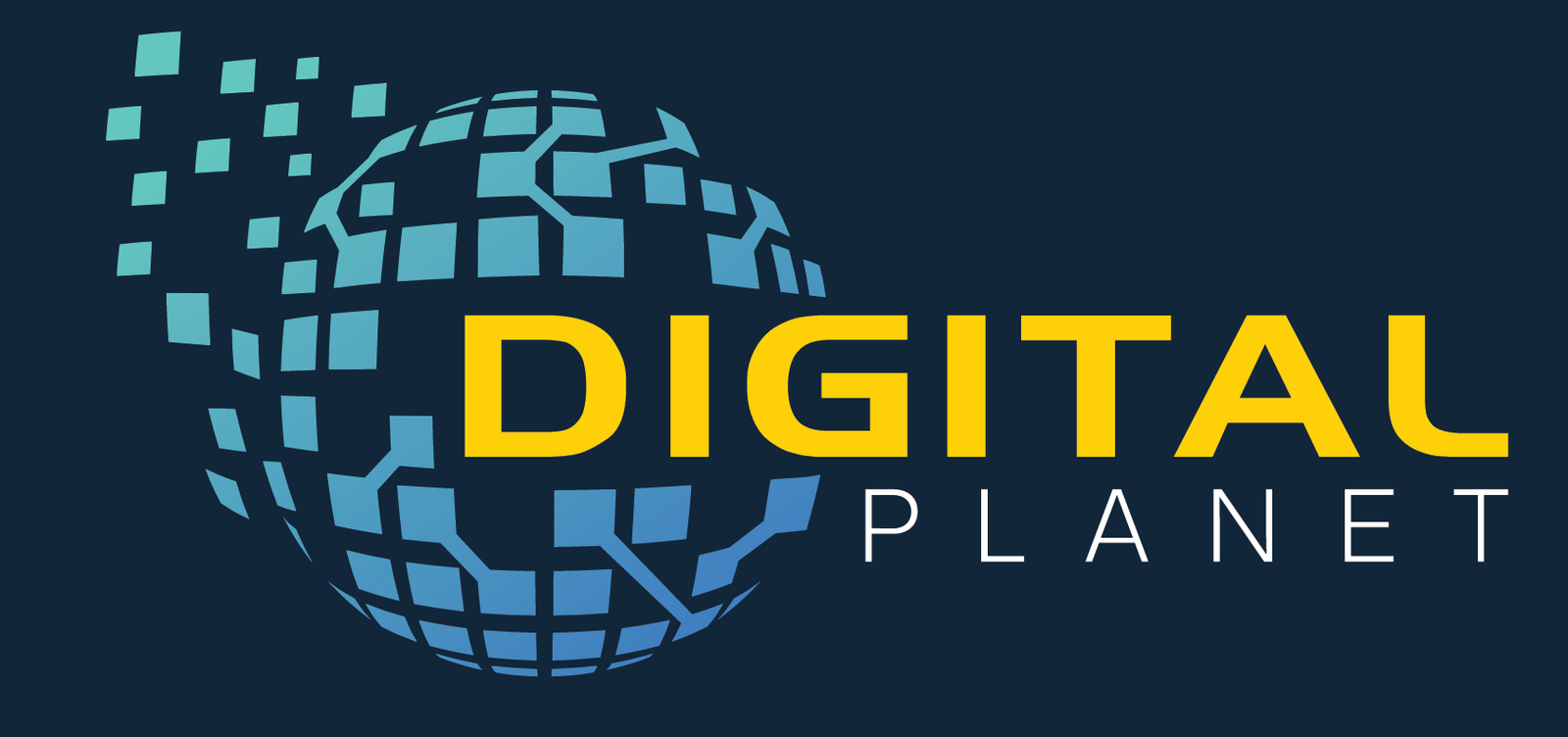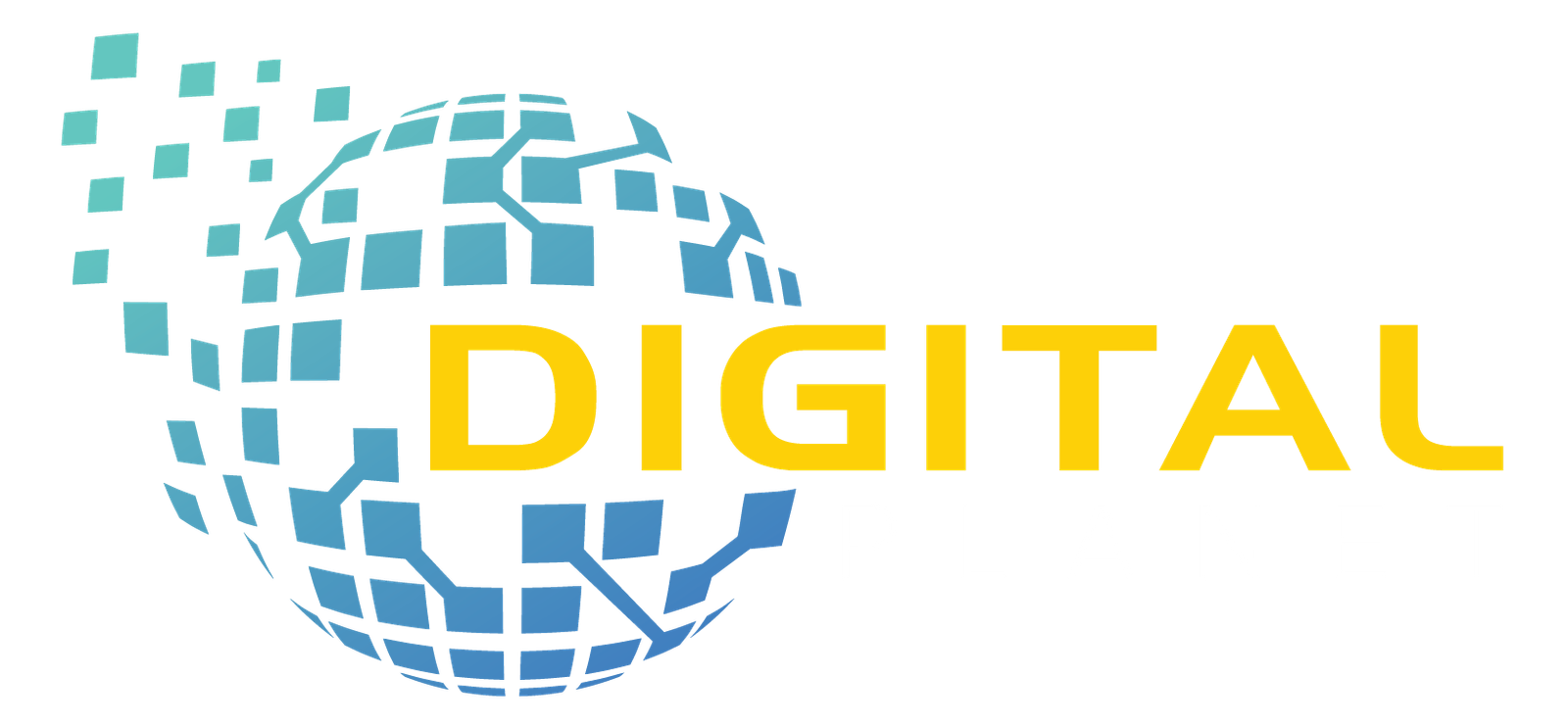Gemini Google: Everything You Need to Know About Google’s AI Evolution

Introduction to Gemini by Google
Gemini is Google’s cutting-edge family of AI models that marks a transformative leap in how artificial intelligence integrates into daily life, business operations, and advanced computing. Developed by Google DeepMind, Gemini is designed to outperform existing AI models across a broad spectrum of tasks, including reasoning, coding, multimodal processing, and real-time responsiveness.
Unveiled as a successor to Bard and built upon the PaLM 2 foundation, Gemini 1.0 launched in December 2023 with enhanced capabilities in natural language understanding, image interpretation, audio processing, and interactive reasoning. As of early 2024, the release of Gemini 1.5 further pushed the boundaries, incorporating a 1 million token context window, among the largest in the industry, allowing for vastly improved comprehension and contextual awareness.
Key Features of Google Gemini
Multimodal Functionality
Gemini is not just a language model—it’s a multimodal powerhouse. It can simultaneously understand and generate text, images, audio, video, and even code. This makes it ideal for tasks like:
- Captioning complex images
- Interpreting diagrams
- Generating interactive audio-visual content
- Translating multimodal instructions into executable code
Superior Context Retention
With a context window of up to 1 million tokens in Gemini 1.5, the model can recall long conversations, deeply nested instructions, or entire codebases with unprecedented accuracy. This makes Gemini a reliable assistant for developers, researchers, and business analysts.
Enhanced Reasoning and Planning Abilities
Gemini surpasses prior models with its chain-of-thought reasoning, supporting more nuanced outputs in mathematics, logic, and structured problem-solving. It has proven effective in:
- Scientific research support
- Legal document summarization
- Strategic business analysis
Applications of Gemini AI
Enterprise Integration
Businesses can harness Gemini through Google Cloud, embedding the AI into Vertex AI, Google Workspace, and Data Studio. This integration allows for:
- Smart document editing in Google Docs
- Advanced data visualization in Sheets
- AI-assisted presentation creation in Slides
Development and Coding Support
Gemini powers Google’s AI coding assistant, formerly known as Codey, now integrated with tools like Colab, Android Studio, and VS Code. Gemini can:
- Generate complex code from prompts
- Debug existing codebases
- Translate between programming languages
Education and Research
Educational platforms benefit from Gemini’s ability to explain concepts, grade assignments, and simulate experiments. Researchers can process large volumes of data and generate summaries or explore theoretical models more efficiently.
Gemini vs Other AI Models
Gemini vs ChatGPT (OpenAI)
| Feature | Google Gemini 1.5 | ChatGPT-4 |
|---|---|---|
| Context Length | 1 million tokens | ~32,000 tokens |
| Multimodal Capabilities | Native, deeply integrated | Separate tools (DALL·E, Whisper, etc.) |
| Performance in Benchmarks | Exceeds in MMLU, GSM8K, HumanEval | Competitive, but lower on Gemini’s top scores |
| Integration Ecosystem | Google Workspace, Cloud, Search | Microsoft Copilot, Azure |
Gemini not only matches but exceeds ChatGPT in several performance benchmarks and enterprise integration scenarios.
Gemini in Google Products
Google Search with AI Overviews
Gemini is the engine behind AI Overviews in Google Search, delivering summary snapshots and instant answers from across the web, reducing the need to click multiple links.
YouTube and Media Processing
Gemini helps generate subtitles, translate content, and recommend videos more accurately by understanding video content holistically—not just through metadata.
Android Integration
With Gemini Nano, a lightweight version designed for mobile devices, Pixel 8 Pro users experience features like:
- Smart Replies
- Context-aware typing suggestions
- Live summarization of audio or video
How to Access Google Gemini
For General Users
Gemini is accessible via:
- gemini.google.com
- Mobile apps for Android and iOS
- Google Assistant (rebranded as Gemini)
For Developers and Enterprises
- Through Vertex AI on Google Cloud
- Embedded in workspace tools like Gmail, Docs, and Sheets
- Available via Gemini API for custom application development
Security and Ethical Considerations
Google emphasizes safety, security, and transparency. Gemini undergoes rigorous red-teaming, bias evaluation, and fairness audits before public deployment. It complies with AI safety standards, including responsible data handling and transparent usage disclosures.
Future of Gemini: What’s Next?
Google plans to expand Gemini into even more consumer hardware, robotics, and AR/VR systems, enhancing physical-world interactions with intelligent, context-aware AI.
Further improvements in token context, personalization, and privacy-preserving computing will ensure that Gemini continues to lead in both performance and responsible AI deployment.
Conclusion
Google Gemini represents a monumental leap forward in artificial intelligence. With its multimodal capabilities, extraordinary context handling, and broad integration across platforms, it is poised to redefine how we interact with technology. Whether you’re a business leader, educator, developer, or everyday user, Gemini delivers tools and intelligence tailored for the future.
FAQ’s:
1. What is Google Gemini and how does it work?
Answer: Google Gemini is a family of next-generation AI models developed by Google DeepMind. It supports multimodal input and output, meaning it can understand and generate text, images, audio, and video. Gemini works by leveraging advanced deep learning and neural network architectures to deliver highly contextual, accurate, and interactive responses.
2. How is Gemini different from Bard or ChatGPT?
Answer: While Bard was Google’s initial conversational AI, Gemini replaces it with significantly more advanced capabilities. Unlike ChatGPT, Gemini supports native multimodal tasks, offers a context window up to 1 million tokens (in Gemini 1.5), and integrates deeply across Google products like Search, Workspace, and Android.
3. How can I access Google Gemini?
Answer: Users can access Gemini through gemini.google.com, the Gemini mobile apps (Android and iOS), and via Google Assistant (now rebranded as Gemini). Developers and enterprises can also access it through Google Cloud’s Vertex AI and the Gemini API.
4. Is Google Gemini free to use?
Answer: Yes, there is a free version of Google Gemini available for general users. However, for premium features, including access to Gemini Advanced (powered by Gemini 1.5 Pro), users need a Google One AI Premium subscription.
5. What can Google Gemini be used for?
Answer: Google Gemini can be used for a wide variety of tasks, including text generation, coding assistance, image analysis, document summarization, data visualization, and customer support automation. It’s suitable for individuals, developers, educators, researchers, and enterprises.

